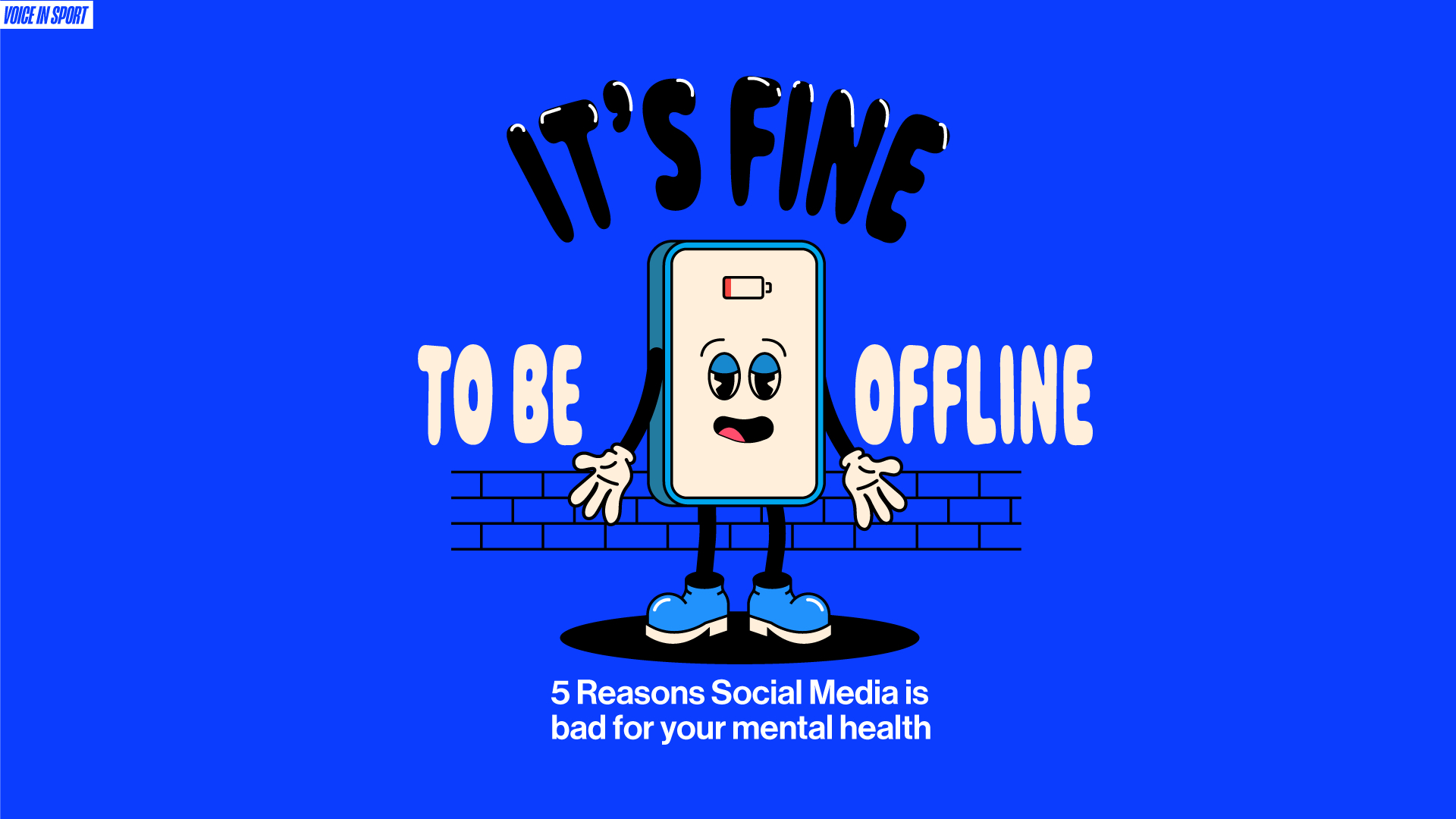Instagram is widely considered one of the most prominent social media platforms available to viewers. We are constantly scrolling. Our media appetites have increased over the course of time, with some screen time levels breaching six or more hours a day. This ravenous consumption of content has led to a decline in mental health, especially among the young adult population. The whirlwind that has become likes, filters, recommendation, algorithms, notifications, and stories has become a nauseating concoction for young viewers.
The Instagram Lawsuit
Recently, Meta, which includes Instagram, was sued. The lawsuit focuses on the methods Instagram has used to psychologically hook users on the platform. According to the New York Times, Instagram “designed psychologically manipulative product features to induce young users’ compulsive and extended use” (Kang & Singer, 2023). This accusation has set forth an investigation that will look at the methodologies behind Instagram’s algorithms and ways to attract viewers. While the joint lawsuit currently stands united with 33 states, deliberate psychological driven corruption on Instagram continues to be a thought-provoking and troubling conversation.
Five Aspects of Instagram’s features to be wary about
The lawsuit specifically warns and draws attention to aspects of Instagram that can lead to mental health declination. Elements of Instagram’s platform such as likes, filters, recommendation algorithms, notifications, and stories can contribute to the mental health crisis on social media that is rapidly evolving. Teens and children can become obsessed with likes on posts or stories or have a distorted perception of beauty standards with the frequent use of filters.
Recommendation algorithms only complicate the problem, making media consistently available for consumption and readily available at the hands of the user. An article released by Wired highlighting the five features on Instagram to be cautious about says that Instagram defended the manipulating effects of its five features mentioned previously and blamed the rise in mental health decline on “academic pressures and limited mental health resources, and rising income inequality” (Dave, 2023). However, the article dives deeper into these five areas that prove to be of concern for teens, highlighting that likes, filters, recommendation algorithms, notifications, and stories can elicit cyberbullying, overconsumption of social media, and body image issues.
How can we protect ourselves from social media?
While it has yet to be proven whether or not Instagram and other social media apps use psychologically manipulative features to entrance viewers and lead them towards obsessive media consumption, it is important to be wary when consuming social media. When it comes to sports, filters and fitness platforms can evoke mental health issues that flirt with body dysmorphia and eating disorders.
Although using social media can lead to negative consequences for our mental health, we should focus on taking steps away from platforms that can be particularly triggering or harmful. Keeping in mind that filters, special effects, and photoshop are widely used on social media, photos and content should be viewed with caution.







